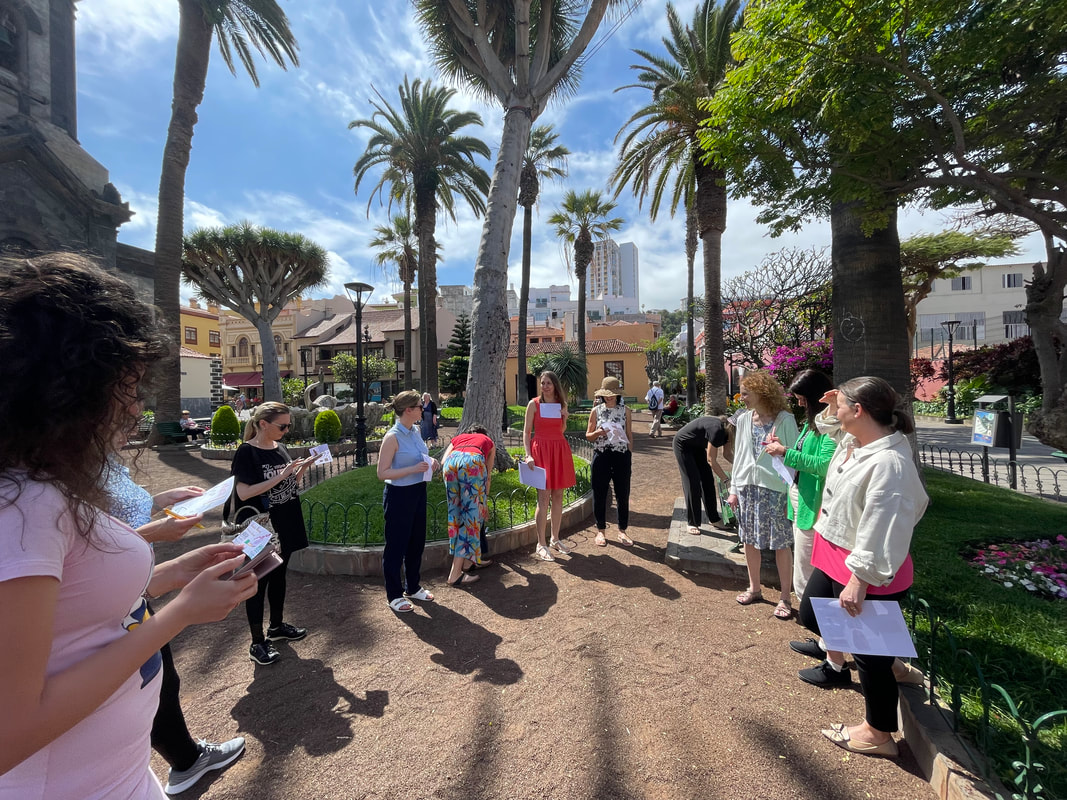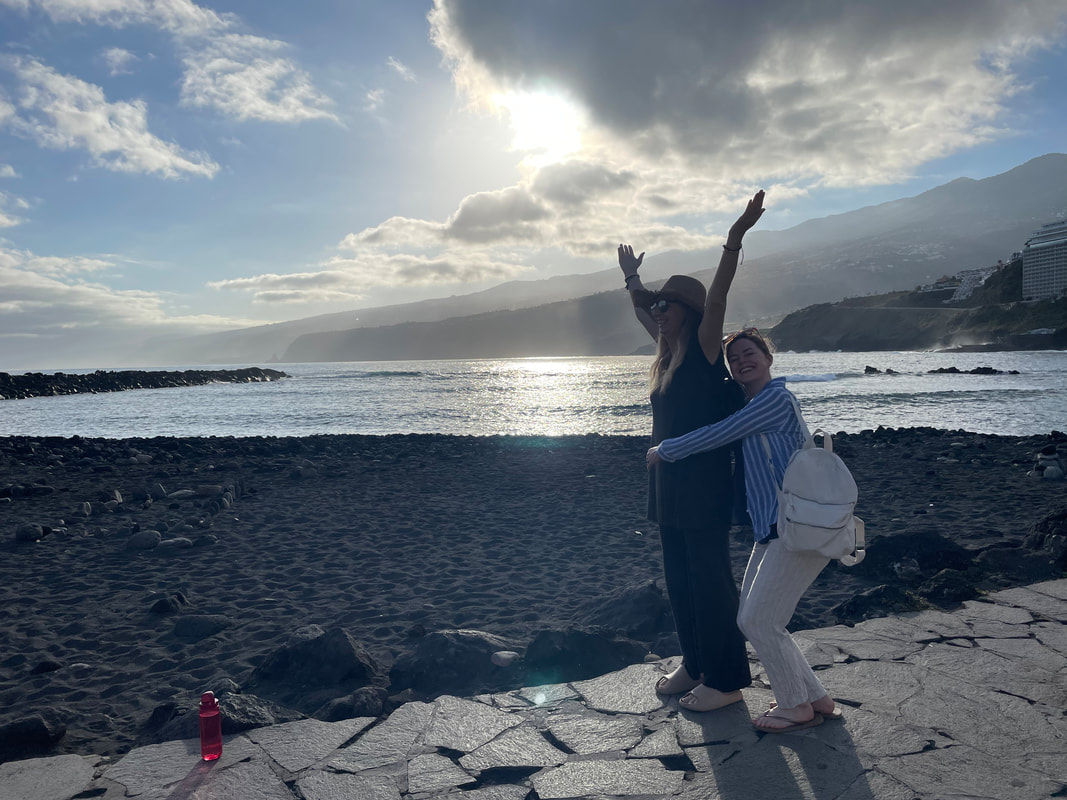 The challenge of engaging students in the learning process is an ongoing concern for educators at all levels. The traditional lecture-based approach to teaching often fails to captivate the attention of students and motivate them to learn. However, with the advent of technology and new pedagogical approaches, there are now many innovative tools and methods that can be employed to enhance the learning experience. This text explores some of the most effective techniques, including project-based learning, non-formal education, outdoor education, and the use of information and communication technology (ICT) in the classroom. By incorporating these approaches into their teaching strategies, educators can foster a more dynamic and interactive learning environment that better supports student engagement and success. The new edition of the course “Innovative teaching methods for teachers, school and adult education staff” took place in Tenerife from 23/04/2023 to 29/04/2023. The participants came from all across Europe, Joanna, Jane, Jennifer, Claire and Natalia from Dublin South City Partnership in Ireland Марија, Николина and Марија Рајић from High School of Economics Kragujevac in Serbia Judite and Diana from Vidzeme Technology and Design Vocational School in Latvia Andrea from KLEX in Austria. Non-Formal Education, Project-Based Learning, Outdoor Education, and Information and Communication Technology (ICT) are just some of the innovative teaching methods that have the potential to transform the way we engage students in the learning process. In a recent course, we explored the power of these methods and discovered how they can be integrated with traditional teaching approaches to create a more dynamic and engaging learning experience for our students. Through visual strategies and teambuilding games, we learned about the Kolb’s experiential learning cycle and how it can give students an active role in the learning process by allowing them to pass from reflection to conceptualization and application. By engaging students in this way, we can foster a deeper understanding and appreciation of the subject matter. Project-Based Learning is another effective technique that allows students to delve into content in a more direct and meaningful way. By starting from a topic question and investigating real-world issues, students can develop critical thinking, collaboration, and problem-solving skills. Through teamwork and creativity, they can discover the way to deal with real problems and learn strategically. Outdoor Education is another valuable tool that we explored in the course. Through an ICT tool, we participated in a special type of treasure hunt that allowed us to discover Tenerife and deepen our understanding of the benefits of learning in nature. By engaging with the environment, students can increase their motivation and creativity while improving their psychophysical well-being. Finally, we delved into the world of ICT and discovered innovative ways to engage students, assess learning, and display a lesson. By practicing various tools in class, we learned how to work with a more innovative approach in our classes. In conclusion, by integrating these innovative teaching methods with traditional approaches, we can create a more engaging and dynamic learning environment for our students. By fostering critical thinking, collaboration, and problem-solving skills, we can equip our students with the tools they need to succeed in the real world. Discover more about this course here. |
Welcome to the ELA Blog. Here you will find articles and photos of our courses and have a look at the topics addressed during the week in Bologna, Palermo and Tenerife. You will also have the chance to take a peek at our projects and check out what we have been up to.
Archives
July 2024
Categories |
-
Course catalogue
- 2023-2024 course catalogue
- Soft Skills >
- ICT and New Technologies >
- Inclusion and Diversity >
-
Innovative Teaching Methods
>
- Innovative teaching methods discovery
- Non-formal education teaching methods
- Dual education and work-based learning
- Teaching leadership and entrepreneurship
- Project based learning
- Game based learning and gamification
- Green skills
- Outdoor education
- Outdoor education trekking edition
- Promoting creativity and critical thinking
- Languages and EU projects >
- Preschool >
- Erasmus Plus KA1
- What we do
- About us
- Locations
- Blog
- Contact us
 English
English български
български Čeština
Čeština Español
Español Français
Français ελληνικά
ελληνικά Italiano
Italiano Polski
Polski Português
Português Română
Română

 RSS Feed
RSS Feed









